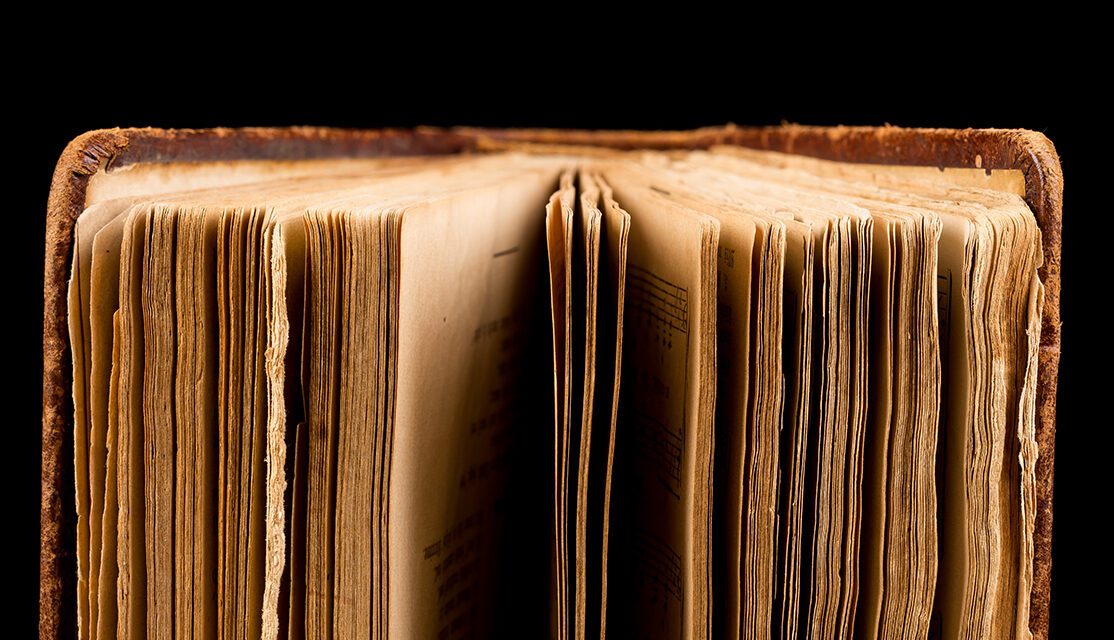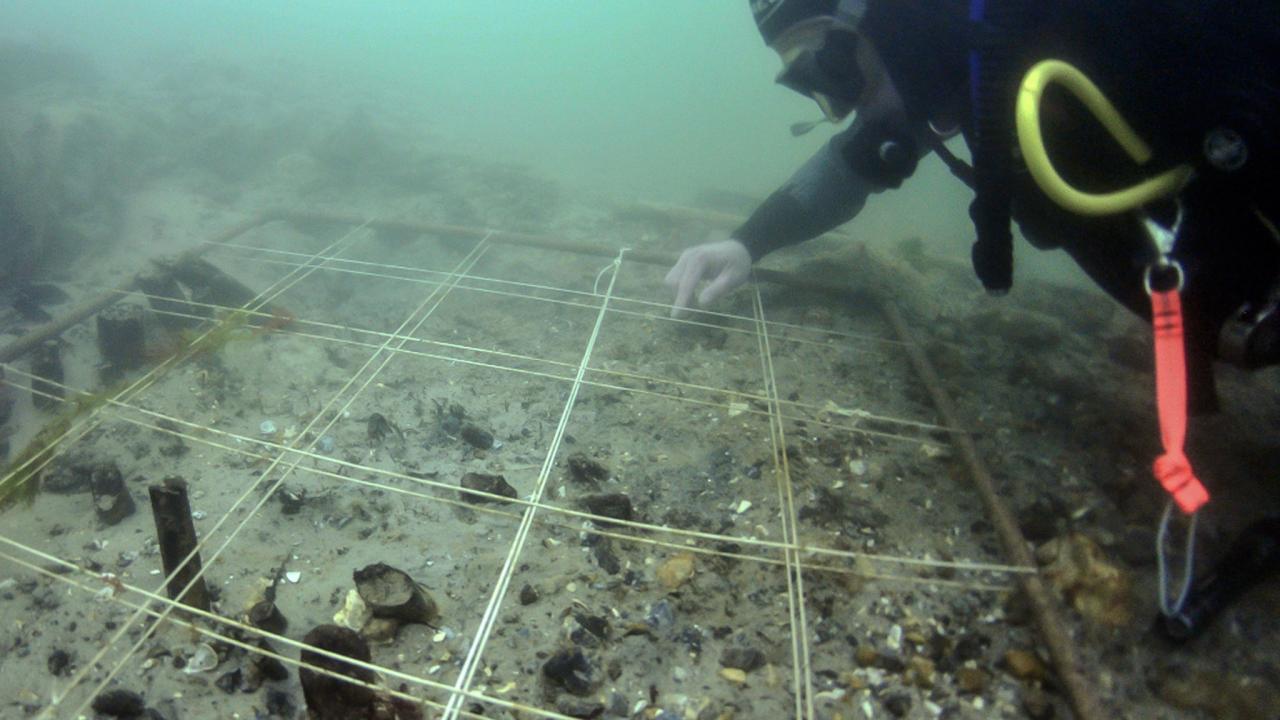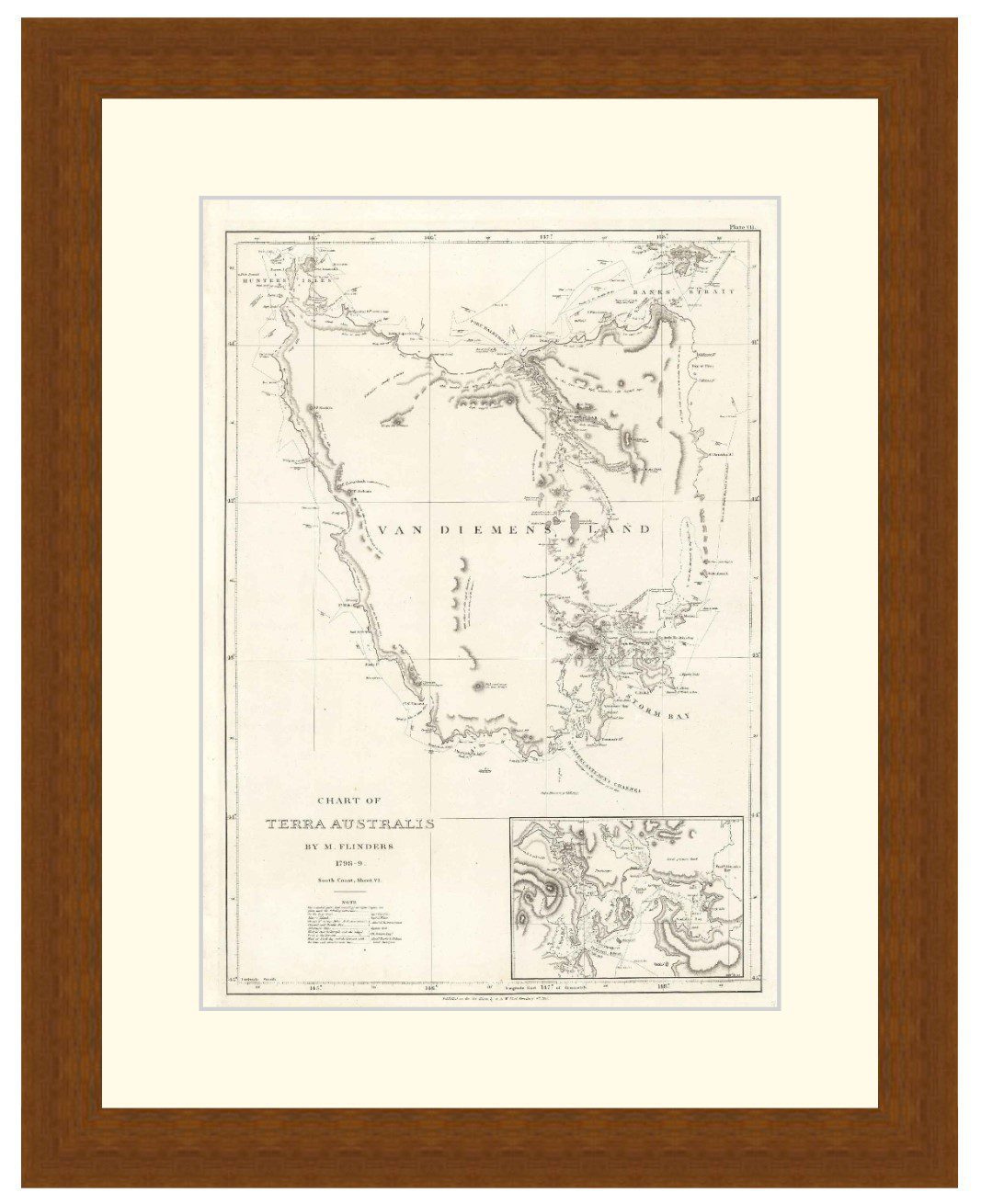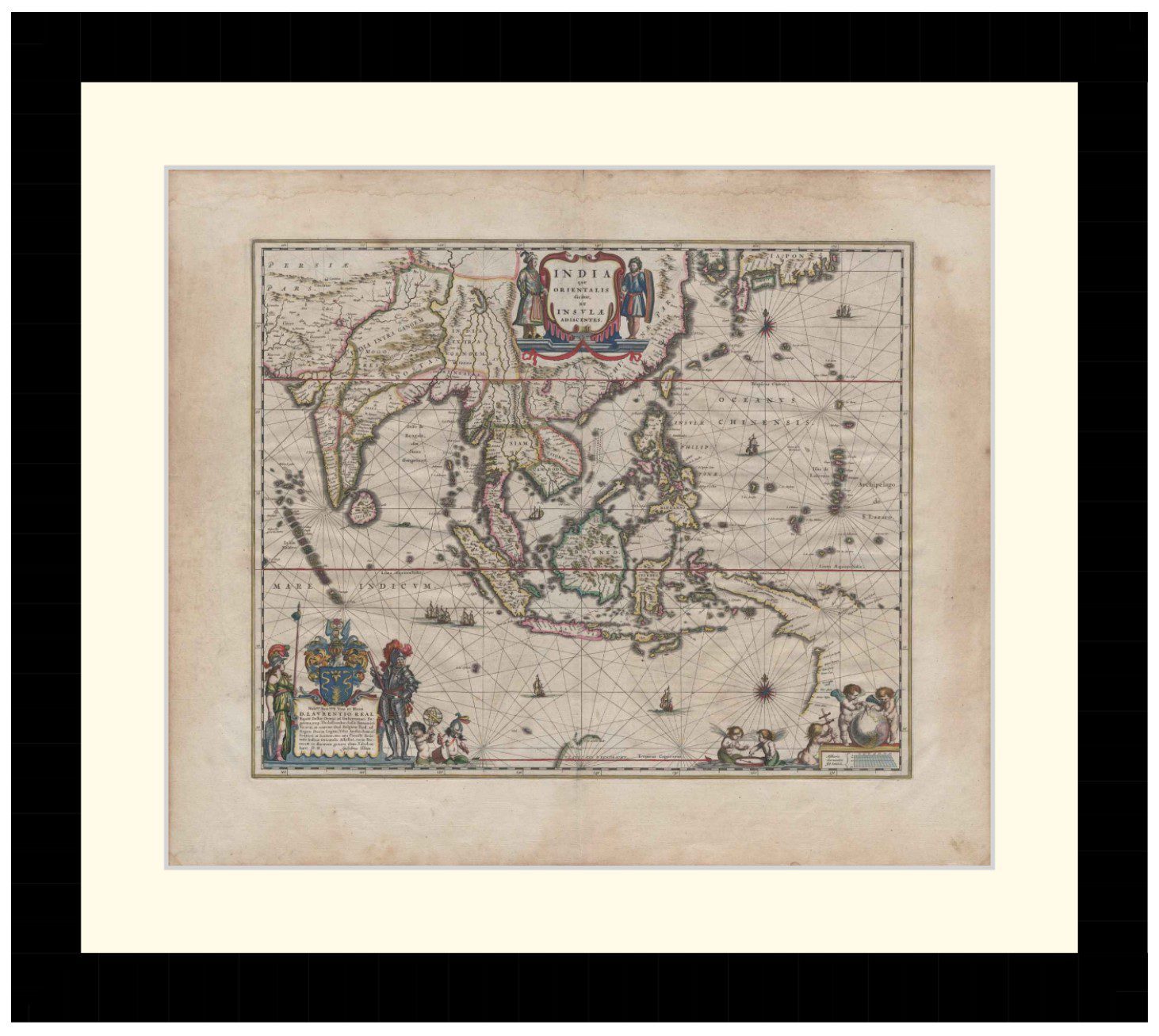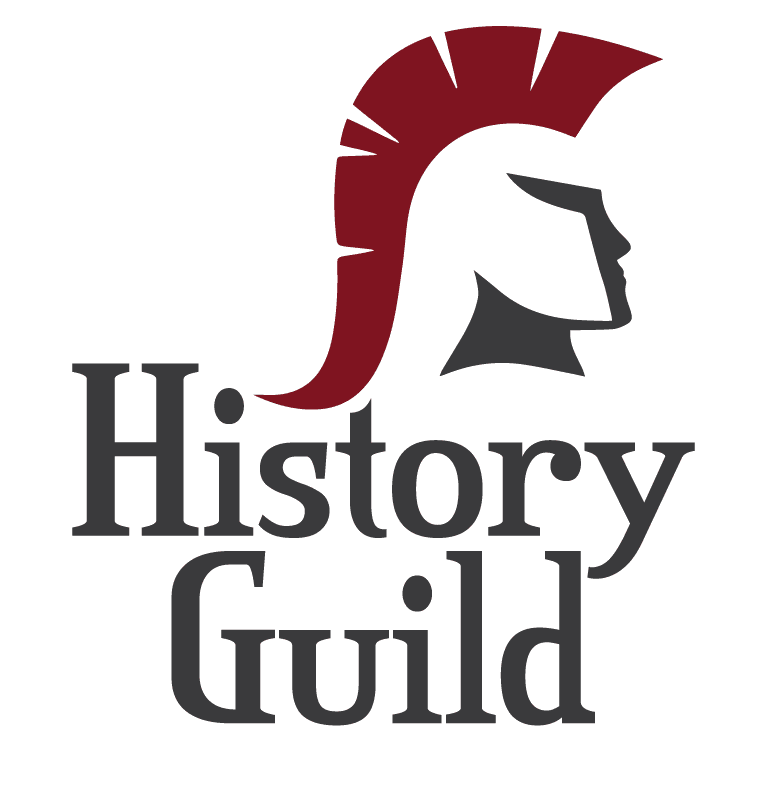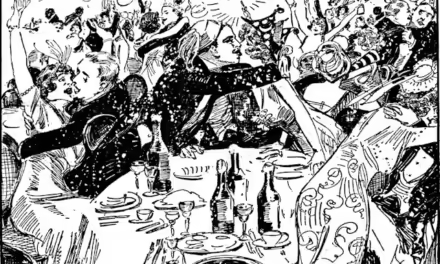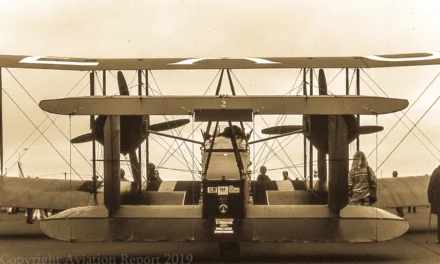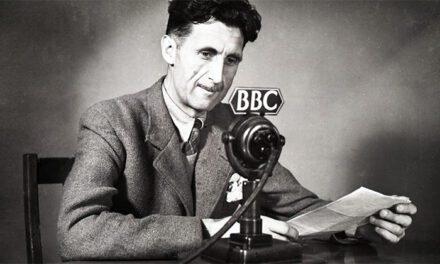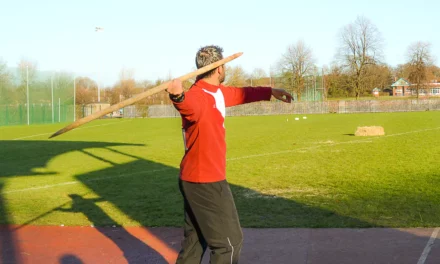Reading time: 5 minutes
History never repeats itself, but it does often rhyme.
Mark Twain
As a society it is vitally important that we understand our own history, as well as the history of other peoples throughout time. This is the only way we can make informed decisions about how we should approach the challenges that we face in the present and the future.
However, the level of knowledge of history by the general population, our leaders, and journalists is far lower than it should be. This fails to equip the public with the resources they need to make well informed decisions. As a society we must prioritise historical literacy. This must be more than simply providing history courses at schools and universities. This is essential, but on its own it is insufficient to significantly improve historical knowledge.
By David Phillipson.
At its heart history is compelling stories. We must tell these stories in interesting and engaging ways. This is how we can connect with a wide cross-section of society and elevate their knowledge of history.
Ignorance more frequently begets confidence than does knowledge.
Charles Darwin
Never was this more true than with knowledge of history. If the public only knows a simplistic, one-dimensional view of the past they are easy prey for populist leaders with oversimplified solutions. Providing them with a more nuanced and complex view of their history arms them against politicians who would exploit their naivety. Encouraging people to develop an understanding of history that moves away from a binary good vs evil, or us vs them worldview is essential to achieving this aim. This involves grappling with the duality inherent in individuals and groups from history who have aspects that are admirable and other aspects that are abhorrent.
History as more than cultural cheerleading
When you are reading history, particularly the history of your own country, if it doesn’t make you feel very uncomfortable from time to time, what you are reading is probably not history.
Prit Buttar
There has always been a view by some people that the history of your own country should show it in the best possible light. This is understandable, and to a certain extent will be somewhat unavoidable. This can however lead down the path of ignoring or diminishing the negative aspects of history. If we don’t learn about our country’s harmful past actions, how can we hope to avoid replicating them in the present and the future?
There is also much to be gained from apologising for past wrongs and rebuilding relationships. The best example of this is the way in which Germany acknowledged their responsibility for the suffering they caused both in the Holocaust and during WW2. Neighbouring countries have generally accepted this and have a positive relationship with Germany. In contrast, Japan has mostly ignored it’s actions in the 1930’s and 1940’s and often declined to apologise. The reverberations of this are still seen in anger from their neighbours the best part of a century later.
Historically literate Journalists
Journalists occupy a critical place in our society. They can be a phenomenal force, able to influence and shape the views of millions. It is essential that they be well versed in history in order to do their job well.
An excellent example of how historical knowledge could have enabled journalists to hold our politicians to account is the way in which NSW Health Minister, Brad Hazzard, managed to deflect calls for a Royal Commission into his handling of COVID19. He claimed that it was analogous to war, and that you wouldn’t undertake a Royal Commission during wartime. The historical record doesn’t look favourably on this claim, the Royal Commission into the bombing of Darwin in 1942 was established less than 2 weeks after the raid. If any of the journalists in the press conference had known this they could have easily countered the Minister’s claim. By failing to equip our journalists with this historical knowledge we are limiting their effectiveness.
Ethan Davies, a journalist from the Greater Manchester News demonstrated how a lack of historical knowledge can be professionally damaging for a reporter. In the early days of the Ukraine war he wrote an article lionising 98 year old Iwan Kluka as a Ukrainian hero who fought Stalin. He lacked the historical literacy necessary to question what unit Kluka would have been a part of in order to be fighting against Stalin in the 1940’s. Kluka was certainly a Ukrainian volunteer the German military and was probably part of the 14th SS-Volunteer Division “Galicia”.
This is not to say that Davies shouldn’t have interviewed Kluka. There is a very relevant story that can be told about the terrible experience of the the Ukrainian people under Soviet rule during the 1930’s Holodomor terror-famine and the way in which this led many of them to support the German occupiers who arrived in 1941. But this story must also tell of the horrific genocide that was then perpetrated by those Germans and Ukrainians on much of the rest of the population.
Popular history to educate and inform
We must encourage and support accurate and compelling popular history across all mediums. If the public doesn’t know or understand history they can’t make use of its insights. They will only gain this knowledge if they read, watch, listen, play or engage with history.
We study the past so we can make decisions in the present that make for a better future.
Mike Duncan
Politicians in particular have been influenced by the popular histories they read and take to heart. One of the best examples of this paying dividends is President Kennedy’s handling of the Cuban Missile Crisis. General Curtis LeMay and other military officers wanted to bomb the missile sites in Cuba. Kennedy had recently read The Guns of August, a popular history that vividly described the inertia that moved the European powers into WW1. Recalling lessons from the book, he recognised that generals frequently call for strikes during international crises. Once combat begins, political leaders come under enormous pressure to continue the clash of arms until victory is achieved. This historical knowledge allowed Kennedy to avoid being drawn into World War III.
How can we improve historical literacy?
What can we do to shift the dial towards better knowledge of history? At its heart, history is human stories. We must tell these stories in interesting and compelling ways. This gives us the best chance of getting the public interested in history and all it entails. We need people who are already interested in history to help us make this happen.
Articles you may also like

Christmas History Quiz 2021
1. Good King Wenceslas was a monarch from which region?
Try the full 10 question quiz.
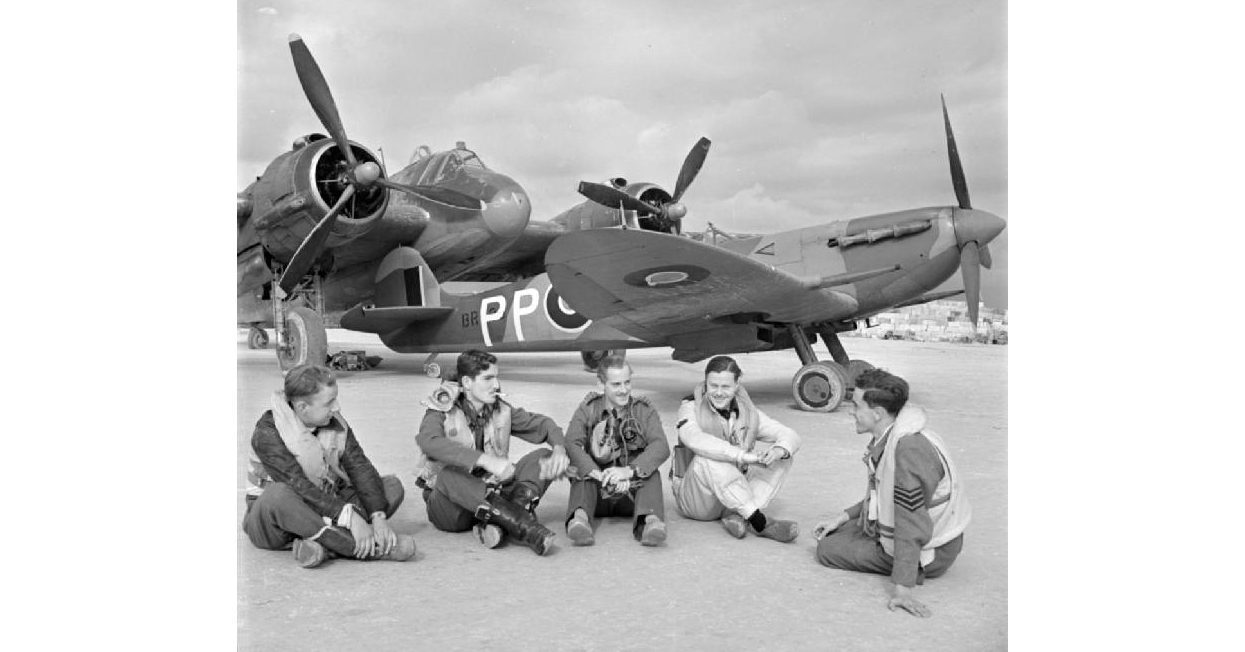
Australians and the Siege of Malta, Second World War – Video
From piloting aircraft to defending convoys, the Australian contribution to the defence of Malta during the Second World War made up an important part of the war fighting capability of the strategically vital island. Learn all about them and their heroism in this Video, created by created by Robbie McGuire, creator of the fantastic RM Military History […]
The text of this article was commissioned by History Guild as part of our work to improve historical literacy. If you would like to reproduce it please get in touch via this form.

